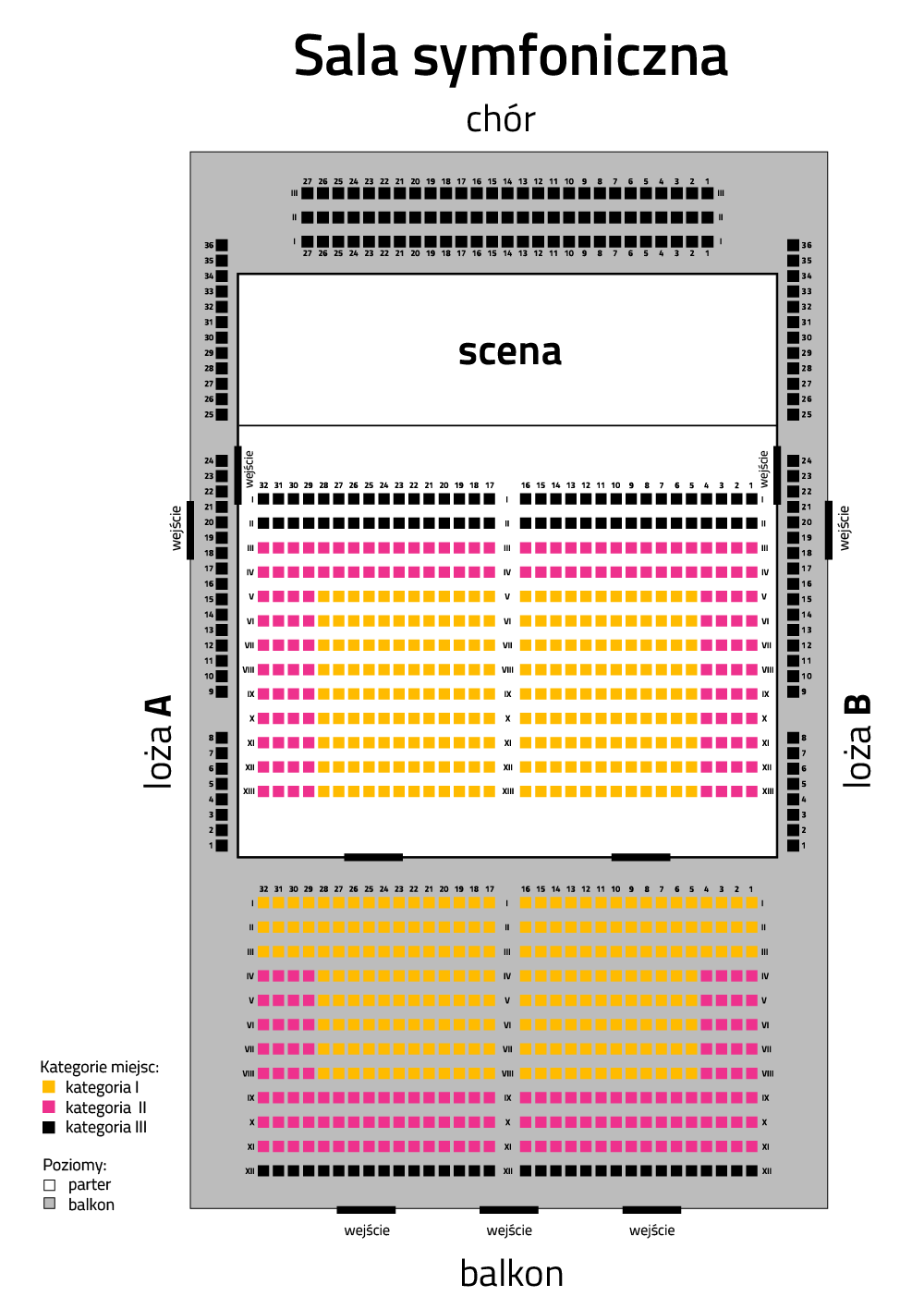The overture to Stanisław Moniuszko's opera The Pariah serves as an introduction to a musical tale about social inequalities. The opera's theme revolves around the caste system in India. The main character meets his tragic end solely because he belongs to the lowest caste of pariahs. Moniuszko saw many analogies between his sad fate and the social situation in many European countries at the time. Despite its compelling subject matter, the opera initially did not receive a favourable reception. It had to wait until the 1950s to become a permanent part of the operatic repertoire.
A completely different fate met Henryk Wieniawski's Violin Concerto No. 1 in F-sharp minor, which immediately became a hit in concert halls. After the premiere at the Leipzig Gewandhaus, where Wieniawski performed the solo part, one reviewer wrote: The audience and the reporter were electrified. It is a virtuoso piece, not lacking in artistry and a considerable degree of finesse, but also transcending the style of its time. It is all the more astonishing that it was written by a composer who was only seventeen years old.
Borys Lyatoshynsky's Symphony No. 3 also received an enthusiastic response from the public, but the party authorities were less impressed. The Ukrainian composer was repeatedly subjected to humiliating trials by the Union of Soviet Composers of Ukraine. Despite these obstacles, the second version of the work, with its classical four-movement structure, became a staple in the repertoire and one of the most frequently performed Ukrainian symphonies. It carries a telling subtitle: Peace will defeat war.
PGE Polska Grupa Energetyczna is the Patron of the Year 2024.

Partnerem motoryzacyjnym Filharmonii w Szczecinie jest Dealer BMW Bońkowscy.

DETAILS
Prayer for Peace
06-12-2024 19:00

Symphony HallFilharmonia im. Mieczysława Karłowicza w Szczecinie
ul. Małopolska 48
70-515 Szczecin




